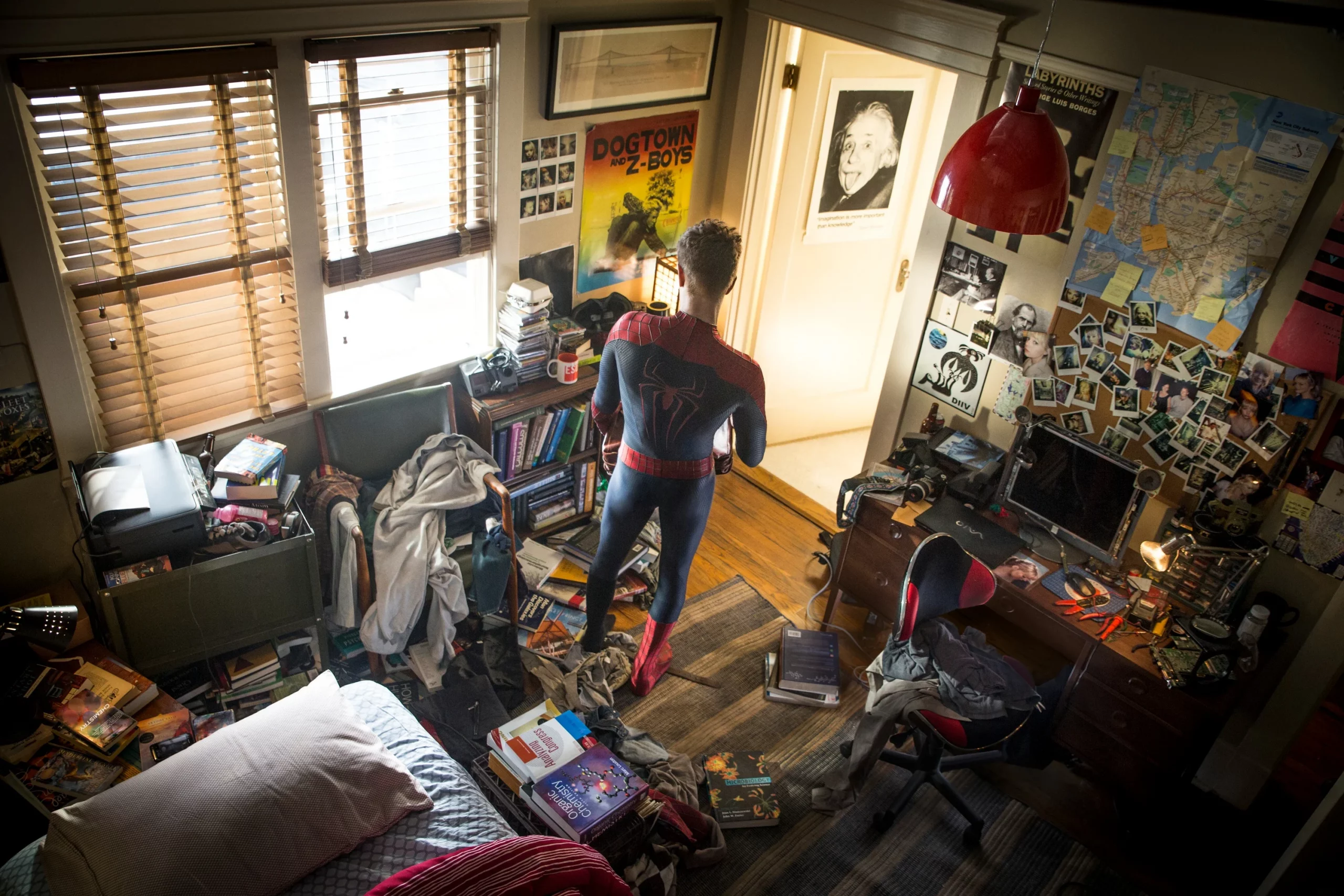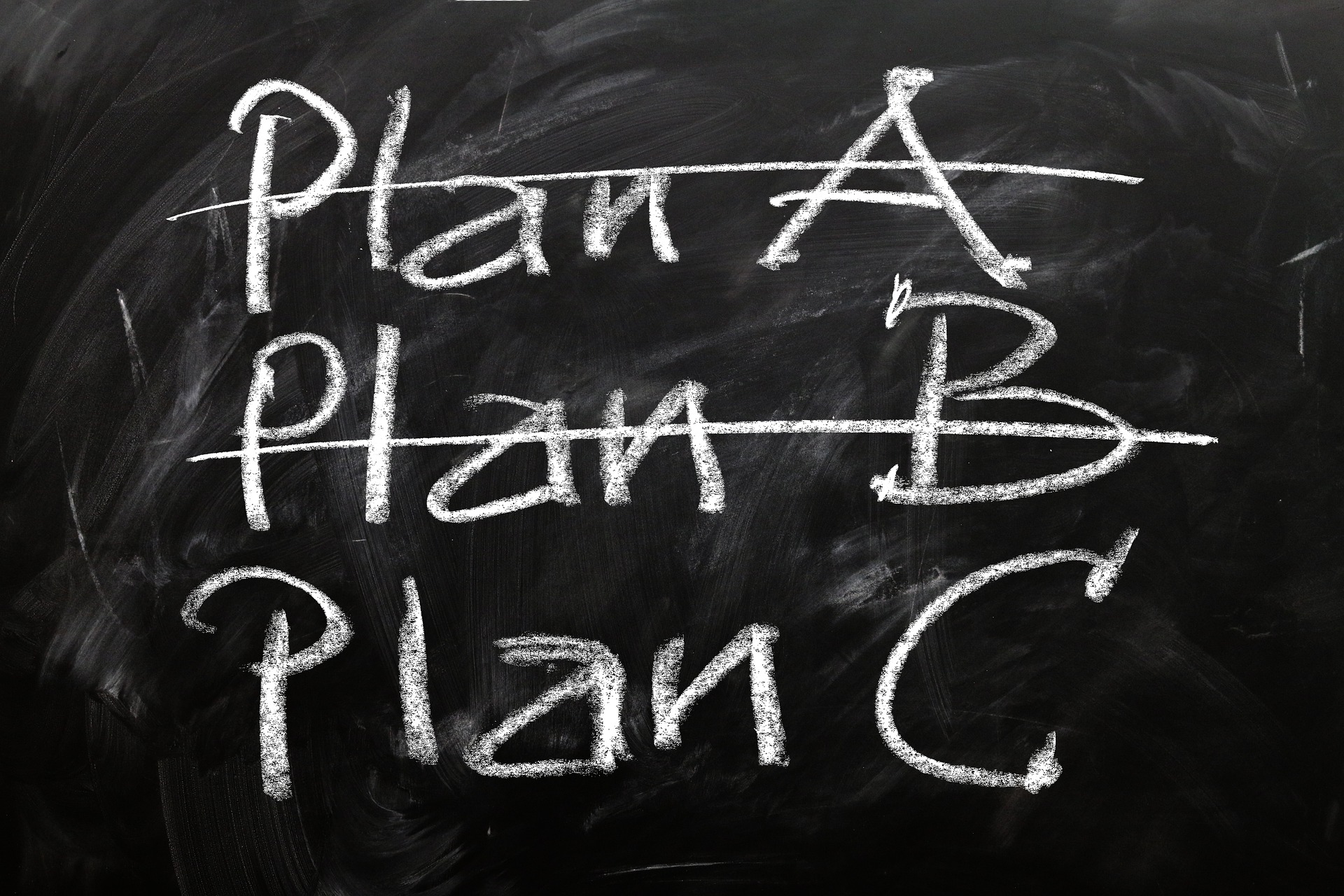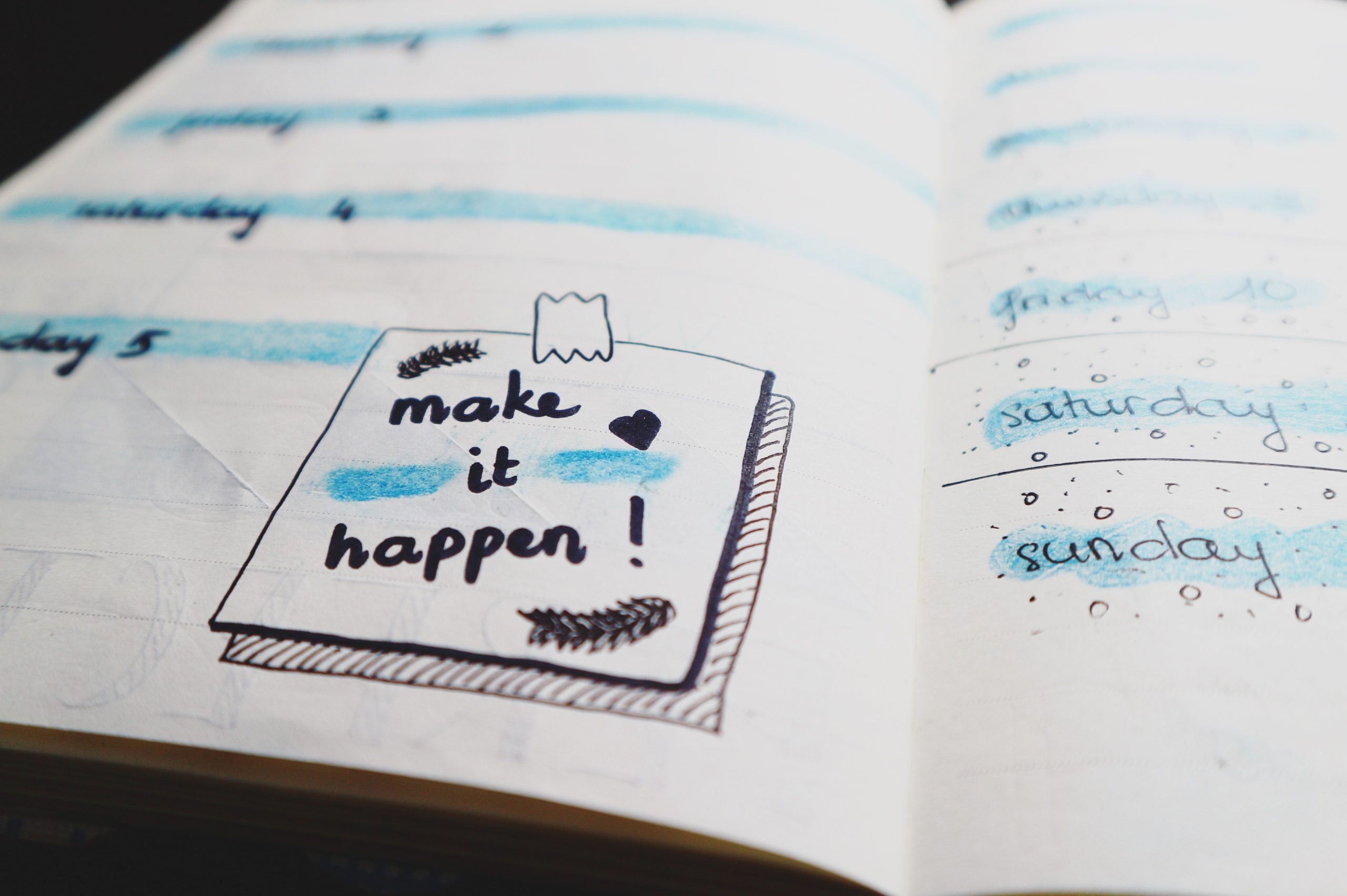 A recent conversation with an old friend of mine made clear the ways in which being a great doctor requires the same attributes required of any professional.
A recent conversation with an old friend of mine made clear the ways in which being a great doctor requires the same attributes required of any professional.
My friend, a recent graduate of architecture of mechanical engineering school, now works as a project manager. He described the revolving door of his position. What separated the people who lasted from those who didn’t, he said, was organization.
He explained how he started every day by making a to-do list that he kept in his pocket and updated continuously until he clocked out. It reminded me a lot of the residents I’ve trained under and with. Here, then, are a few tips to help you make sure that you are always on top of your work too.
Make a list and check it twice.
Ubiquitous in nursing stations, pockets of residents, and resident workrooms in the hospital are lists with checkboxes of tasks to get done, as well as little blurbs of the most essential information about patients. On the floors, these lists also help in project management, as there are multiple people taking care of the same patient or group of patients, so it’s important for everyone to be on the same page, and to be able to contribute to completing tasks. If you’re working with others in group tasks outside of the hospital, I recommend GQueues , a simple project management to-do list tool that syncs with Google Calendar and on widgets on your phone. It’s what I use with my students to make sure that we’re on the same page with their tasks.
In your own life, though, whether in patient care, or studying, or any other tasks, I recommend using checklists. There’s something to be said about good old pen and paper, as I’ll describe below, but if you’re looking for something more techy, I’ve used the Wunderlist app, and am now using Google Keep. It lets me check in on my to-do list from any computer, as well as my phone.
Write down everything.
And I mean everything. Write it down immediately. Don’t assume you’ll remember to do it. If you haven’t already done it, it should be on your list. As a doctor, you’re going to be in the middle of one task for one patient, and find yourself paged about another, as someone else on your team walks up to you and starts a conversation about something else without checking to see if you’re ready for it.
If your EMRs (Electronic Medical Records systems) have certain tasks that keep you from being able to do anything else or look up any other patients until they’re completed, when that page or that colleague demands your attention, you may have no choice but to get out of whatever you had almost completed (as frustrating as that was, I would realize the difficulty of getting anyone on the phone or in the room with me to discuss a patient, and would make the most of the opportunity when it arose). Since my work currently takes place primarily in my office, at my desk, I place sticky notes on my desk, and am always working to cross off and consolidate tasks and stickies.
Keep a pen and something to write on with you always. If you’re wearing something with pockets or carrying a purse, you should have a pen. I’m always amazed when a doctor doesn’t have a pen on him. Phones and list/note apps are fine too, so long as they’re convenient enough for you to use in the moment.
Create an efficient workflow.
It’s not enough to make sure that no task falls through the cracks. Whether you’re a student or a resident/fellow, one of the major challenges of the field is how little time you have to complete a prodigious set of tasks. It would be a mistake to simply go through your list as tasks occur to you, in the order you wrote them, or to rely on others’ demands to determine when you do what. Instead, group your tasks by type.
For example, on the floors, you can group together tasks that require a computer, those that require phone calls, orders, checking labs, tasks that have to take place at the nursing station, tasks that have to take place in patients’ rooms, tasks that need to take place at a certain time, and so on. Google Keep facilitates this by allowing you to make titled, color-coded, sticky notes.
Though you don’t necessarily have to put this on your list, remember to eat, use the bathroom, etc. Organizing your tasks means thinking about which tasks you need to or should be doing at any given moment. If you’ve been sitting for a long time, make the next set of tasks those that involve more movement. If you have a more distasteful or draining task to complete, or if you’ve gone a long time without a break, perhaps make sure to have a full stomach and empty bladder first, so you’re well-equipped to move on.
One last note:
I don’t want for the above to make you more anxious about your work, to put you in a position to always be thinking about what you have yet to complete. If that’s how you’re wired, you’ll still have to work on that. Paper lists can be helpful in this regard, if you remember to focus not just on what you’ve yet to do, but also on all that you’ve completed.
I hope you use the above to be a more efficient, complete professional. This field will demand a lot of you regardless, but with a bit of planning and organization, you can feel less frazzled or like a victim of circumstance and the demands of others, and to be more in control of your destiny.





